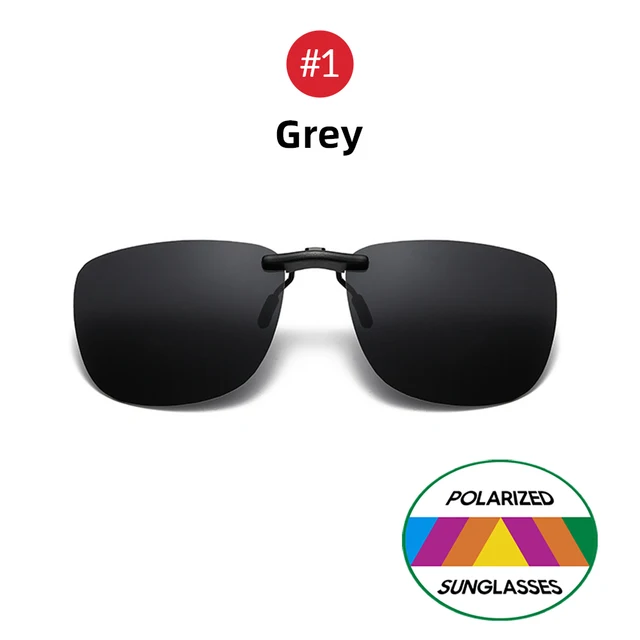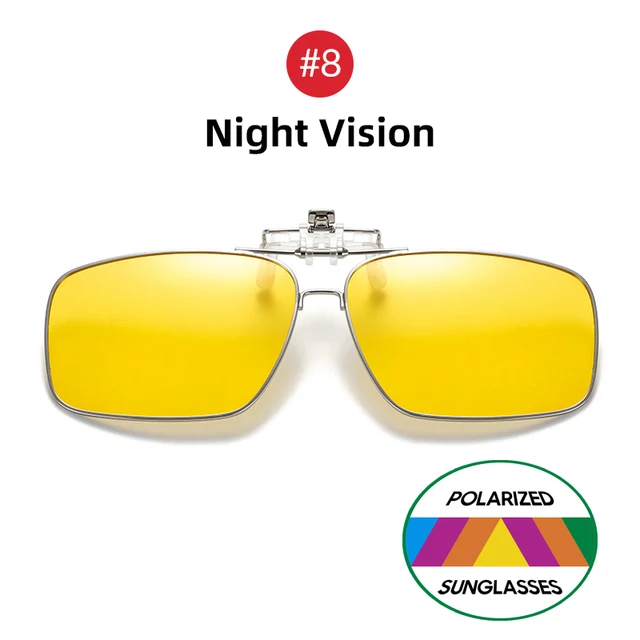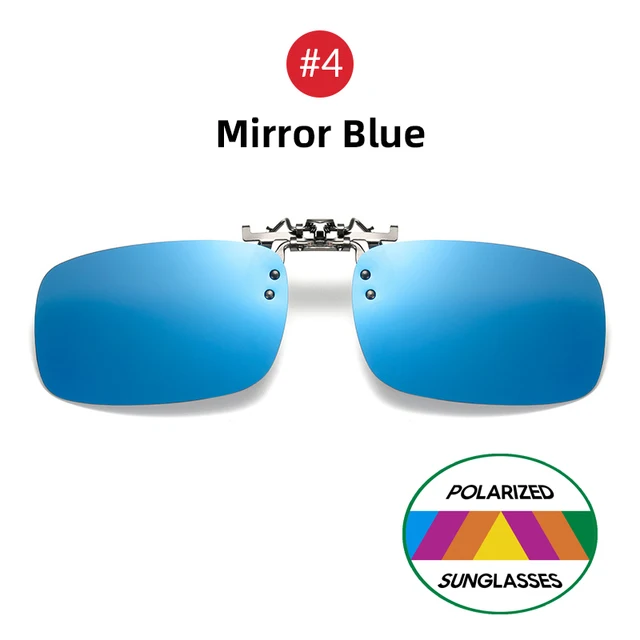Florida, also known as the Sunshine State, enjoys plenty of sunshine throughout the year, making sunglasses a must-have accessory for anyone who loves spending time outdoors. However, not all sunglasses are made equal. Polarized sunglasses offer superior protection and comfort compared to regular lenses. This article will discuss the advantages of wearing polarized sunglasses, why they are essential, and answer common queries about their usage and effectiveness.
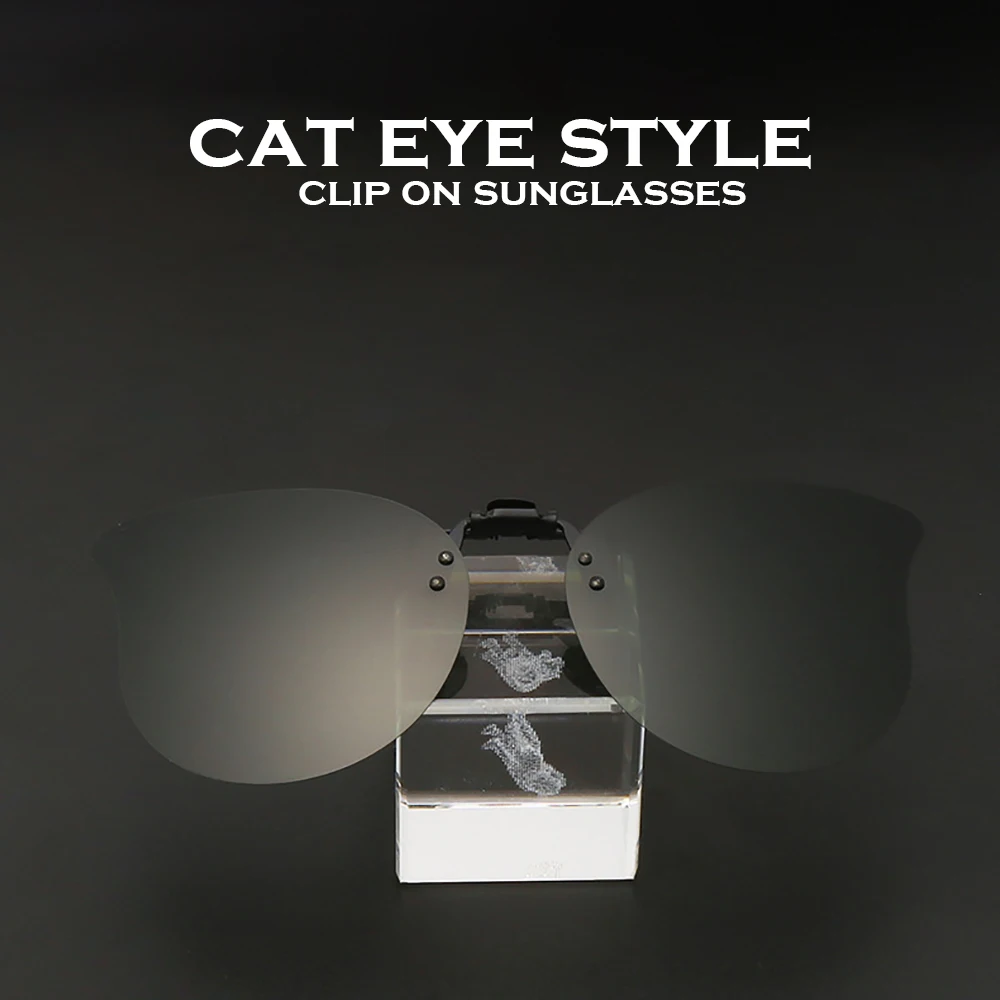
Why is it Important to Wear Polarized Sunglasses in Florida?
The intense sunlight in Florida can be harsh on the eyes, causing glare and discomfort. Polarized sunglasses are specially designed to reduce glare from surfaces like water, roads, and car hoods. This is especially beneficial in Florida because of its high number of sunny days and outdoor activities such as boating and fishing.
With numerous beaches, lakes, and water bodies in the state, glare is a common issue that people face. Polarized lenses help by blocking horizontal light waves, which are the main culprits behind glare. This not only enhances comfort but also improves safety by offering clearer vision and reducing eye strain.
Furthermore, polarized sunglasses provide protection against UV rays, which are more intense in Florida due to its geographical location. Prolonged exposure to UV rays can result in eye conditions like cataracts and macular degeneration.
Do I Really Have to Get Sunglasses with Polarized Lenses?
While not everyone might think they need polarized lenses, they can be extremely helpful for people who spend a lot of time outdoors in places with a lot of reflective surfaces. If you’re someone who enjoys activities like fishing, boating, or driving, wearing polarized sunglasses can make a significant difference in how you see and how comfortable your eyes feel.
Moreover, if you’re sensitive to light or spend hours in the sun, polarized lenses can offer relief. They help reduce the glare that comes into your eyes, which can help prevent headaches and eye strain.
Are There Different Types of Polarized Sunglasses?
Yes, there are varying levels of quality and effectiveness when it comes to polarized sunglasses. The main difference lies in the quality of the polarization filter used in the lenses. Quality polarized lenses from reputable brands tend to offer better glare reduction and clearer vision compared to cheaper options.
When selecting polarized sunglasses, it’s important to consider factors like the lens material and how efficient the polarization is. Lenses made from materials such as polycarbonate are durable and provide protection against UV rays, while those with advanced polarization filters can deliver superior glare reduction.
Additionally, ensure that the lenses offer 100% UV protection along with polarization for optimal eye care. Some sunglasses might provide polarization without UV protection, which is essential for safeguarding your eyes from harmful rays.
Is it Advisable to Wear Polarized Sunglasses All the Time?
While polarized sunglasses are great for reducing glare and shielding your eyes in bright conditions, they aren’t always necessary. For instance, wearing polarized sunglasses indoors or in low light settings can make it challenging to see screens or read displays since the polarization may disrupt these components.
Nevertheless, for outdoor pursuits and driving, it’s highly recommended to wear polarized sunglasses. They improve sharpness and alleviate eye strain, making them advantageous for prolonged use in sunny settings.
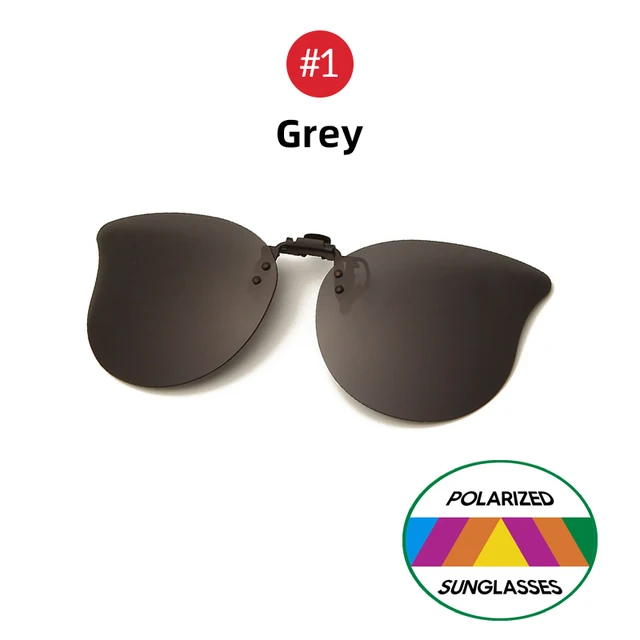
Should Night Driving Glasses Be Polarized?
No, night driving glasses should not be polarized. Polarized lenses can diminish visibility in low lighting, impeding night vision. Instead, night driving glasses should enhance contrast and decrease glare from headlights without dimming your sight.
Tinted lenses are commonly suggested for night driving as they can enhance contrast and reduce glare from approaching headlights, aiding in road visibility and quicker hazard response.
What’s Preferable, UV 400 or Polarization?
UV 400 protection and polarization serve different purposes. Ideally, sunglasses should offer both. UV 400 lenses block all UVA and UVB rays, shielding your eyes from radiation. Meanwhile, polarized lenses work to minimize glare from reflective surfaces, improving your vision and overall comfort.
When selecting sunglasses, opt for ones that offer both UV 400 protection and polarization for optimal eye safety and visual clarity.
Is 100% UV the Same as Polarized?
No, having 100% UV protection doesn’t necessarily mean the lenses are polarized. UV protection indicates the lens’s ability to block ultraviolet rays, while polarization refers to reducing glare from reflections. It’s crucial to verify that the sunglasses you choose provide both UV protection and polarization.
For eye safety and comfort, opt for sunglasses that explicitly mention providing 100% UV protection along with polarized lenses.
In Summary
Investing in polarized sunglasses is highly beneficial for residents or tourists in places like Florida. They excel in minimizing glare, enhancing clarity, and safeguarding against UV rays. Whether you’re at the beach, driving, or enjoying outdoor activities, wearing polarized sunglasses can significantly enhance your comfort and eye well-being.
Check out our collection of top-notch polarized sunglasses to shield your eyes from the Florida sunshine. For versatile choices, take a look at our clip-on polarized sunglasses crafted for ease of use.
Opting for the right pair of polarized sunglasses allows you to embrace sunny days in Florida with improved clarity and superior eye safety.

